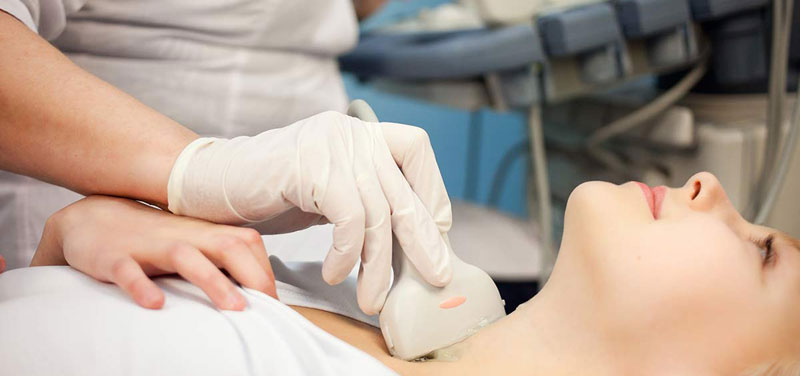HYPERTHYROIDISM
Hyperthyroidism is an overactive thyroid gland, resulting in the production of more thyroid hormones (T3 and T4) than the body needs..
Hyperthyroidism is the condition of an overactive thyroid gland, resulting in the production of more thyroid hormones (T3 and T4) than the body needs.
TopHyperthyroidism is more common in women and in smokers. Its prevalence is about 1.3%, while in older women it reaches 4-5%.
TopThe most common causes of hyperthyroidism are:
If the cause of hyperthyroidism is a thyroiditis, i.e. an inflammation of the thyroid gland, it may be transient, as in postpartum period, called postpartum thyroiditis.
Top
Hyperthyroidism can mimic various diseases as it manifests with a variety of symptoms and signs:
Hyperthyroidism is diagnosed by blood tests, physical examination and history taking, while specialized imaging studies are required to investigate the cause.
Top
Hyperthyroidism can cause several complications:
There are 3 treatment options for hyperthyroidism and the choice of the appropriate treatment depends on the cause of hyperthyroidism, comorbidities, age and patient preference. These options are: